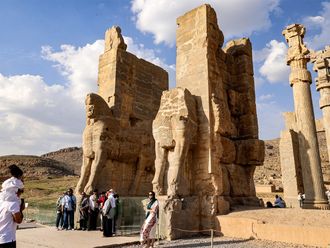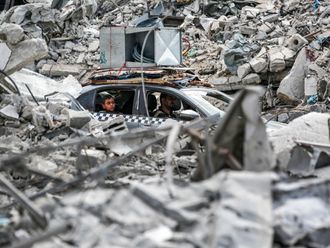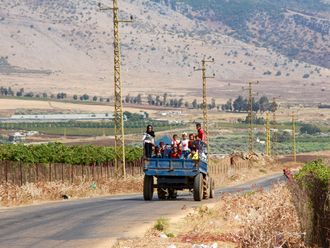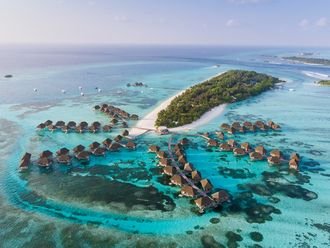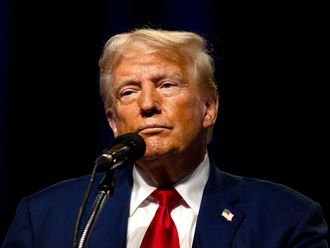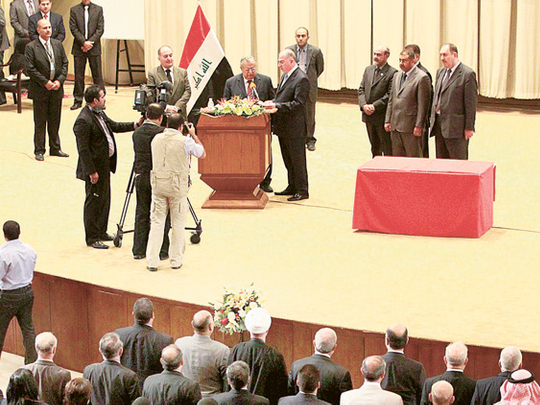
Baghdad: Iraqi MPs were to meet on Sunday for the first time since Eid but hopes a new government would be formed quickly were dampened on news Nouri Al Maliki would not be named premier-designate for several days.
The latest session of parliament, still only the fourth since polls in March, comes days after a power-sharing pact between Iraq's divided political factions put an end to months of impasse in which the country shattered the record for the longest period without a new administration following elections.
Newly re-elected President Jalal Talabani was not expected to officially ask Al Maliki to form a cabinet until Thursday, a parliamentary official said, so as to give the incumbent prime minister more time to negotiate ministerial posts.
Under Iraq's constitution, Talabani has 15 days to appoint a prime minister following his selection by MPs on November 11. He had earlier been expected to name Maliki as premier on Sunday.
Once selected, Maliki would have 30 days to form a government.
"Jalal Talabani decided to nominate Al Maliki as prime minister on Thursday, one day before the official limit," the official told AFP, speaking on condition of anonymity.
"That is to give him the maximum amount of time to form the government, which is a very difficult task."
Sunday's scheduled session of parliament, the first since the conclusion of the five-day Muslim holiday of Eid Al Adha, was to focus on the establishment of its committees and regulations, the official added.
An MP from Al Maliki's State of Law bloc said that the pan-Shiite alliance, which makes up parliament's biggest grouping and of which it is the largest component, had formed a committee to begin negotiations with other parties over cabinet posts.
"They will start today, the real negotiations with other political blocs," said Kamal Al Saidi.
It comes after the power-sharing pact was agreed earlier this month and lauded by international leaders including US President Barack Obama, although the agreement has looked fragile ever since.
The deal called for Al Maliki, a Shiite, and Talabani, a Kurd, to keep their jobs and for a Sunni Arab to be selected speaker of parliament.
It also established a new statutory body to oversee security as a sop to ex-premier Eyad Allawi, who had held out for months to regain the top job after his Iraqiya bloc narrowly won the most seats in the March 7 poll.
The support of Iraqiya, which garnered most of its seats in Sunni areas, is widely seen as vital to preventing a resurgence of inter-confessional violence.



